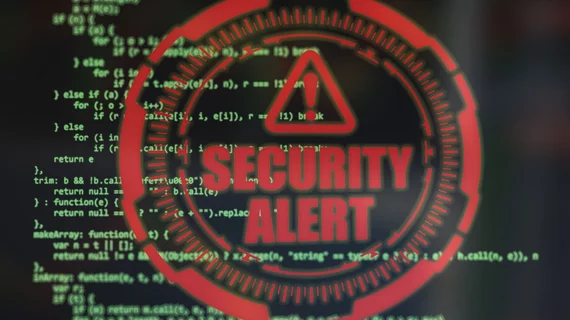Ransom paid to cybercriminal on behalf of Inova Health, others
Five-hospital Inova Health System based in Falls Church, Virginia, was among the clients of Blackbaud, a fundraising service supplier, affected by a ransomware attack against Blackbaud in May.
Inova reported the incident to the public Sept. 9, saying the offender may have stolen the personal information of some patients and donors—names, contact info, donation histories—but did not make off with more sensitive information such as Social Security or credit-card numbers, financial records or EHR data.
“Inova deeply apologizes for any inconvenience this may cause,” the health system says in a public notice. “Blackbaud has assured Inova that they closed the vulnerability that allowed the incident, and that they are enhancing their security controls and conducting ongoing efforts against incidents like this in the future.”
Blackbaud has also issued a statement on the breach.
“Because protecting our customers’ data is our top priority, we paid the cybercriminal’s demand with confirmation that the copy they removed had been destroyed,” Blackbaud states. “Based on the nature of the incident, our research, and third party (including law enforcement) investigation, we have no reason to believe that any data went beyond the cybercriminal, was or will be misused, or will be disseminated or otherwise made available publicly.”

